Just Energy Transition
Malaysia’s energy future is at a crossroads. Communities, workers, and the environment are already bearing the cost of our fossil fuel dependency, from polluted air and water to unstable livelihoods and climate disasters that hit the most vulnerable the hardest.
Yet, despite the urgency, national energy plans continue to prioritise gas as a so-called “transition fuel,” delaying the shift to clean, renewable solutions.
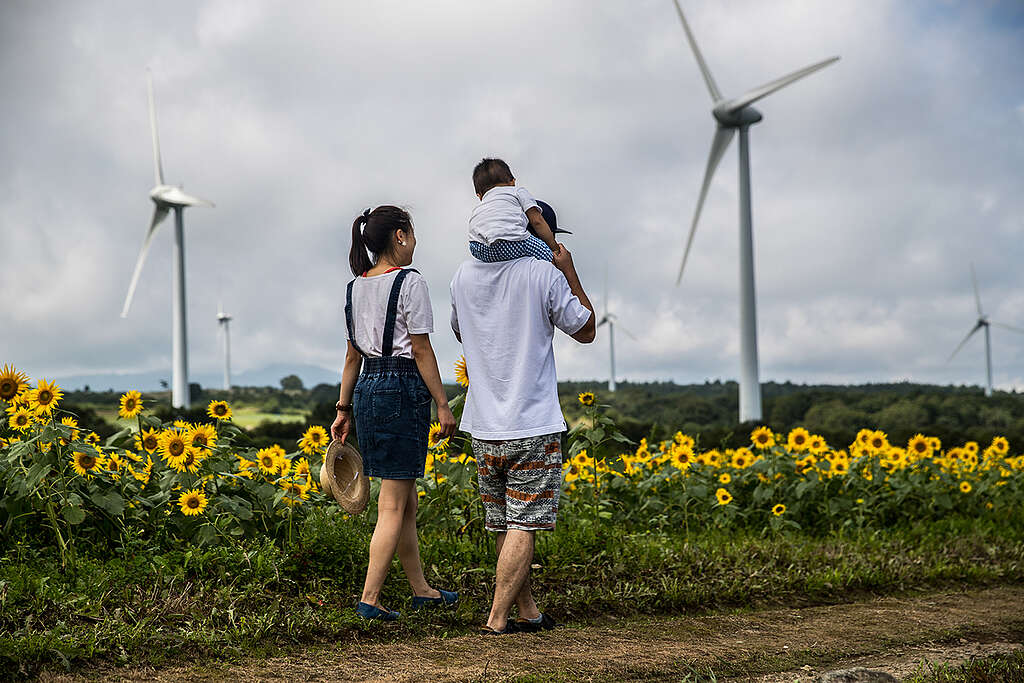
Our Approach
Our approach combines grassroots voices with strong policy advocacy to ensure the shift to renewable energy is not only fast, but fair for all.
Communities first
Amplifying voices from the ground, from coastal towns to rural villages, ensuring Free, Prior, and Informed Consent (FPIC) is respected in all energy projects.
Challenging harmful policies
Exposing the risks of gas as a “transition fuel” and pushing for energy policies that prioritise people and the planet over short-term profits.
Co-creating real solutions
Promoting community-led renewable projects and advocating for a national roadmap that phases out fossil fuels while protecting workers’ rights.
Our Projects
From amplifying community voices to shaping national policy, our projects are designed to prove that a clean energy future for Malaysia is not only possible, it’s already taking root.
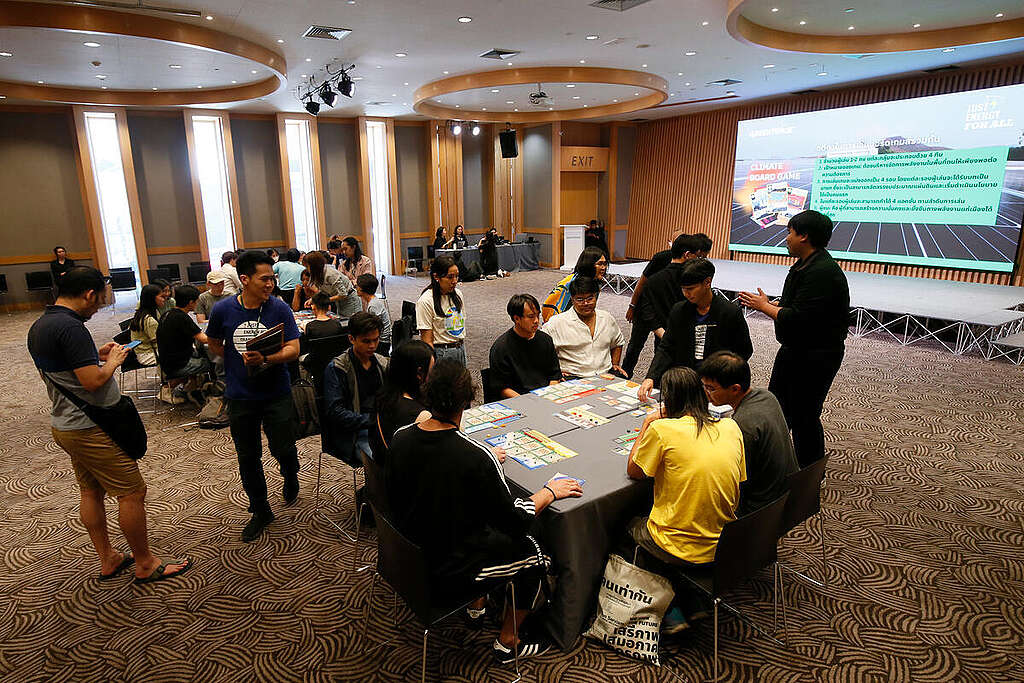
Policy recommendations
Our roadmap challenges the government’s National Energy Transition Roadmap (NETR) and National Energy Policy, proving Malaysia can leapfrog gas and move directly to renewables. Through evidence-based case studies, we show how false solutions harm progress and why a just, rights-based transition is essential.

Community storytelling
From resisting harmful gas pipeline expansions to embracing solar in Kelaik, we are amplifying real stories from those most affected. Communities are calling for FPIC in all energy projects and showing how solar power can bring lasting independence and security for the next generation.
-
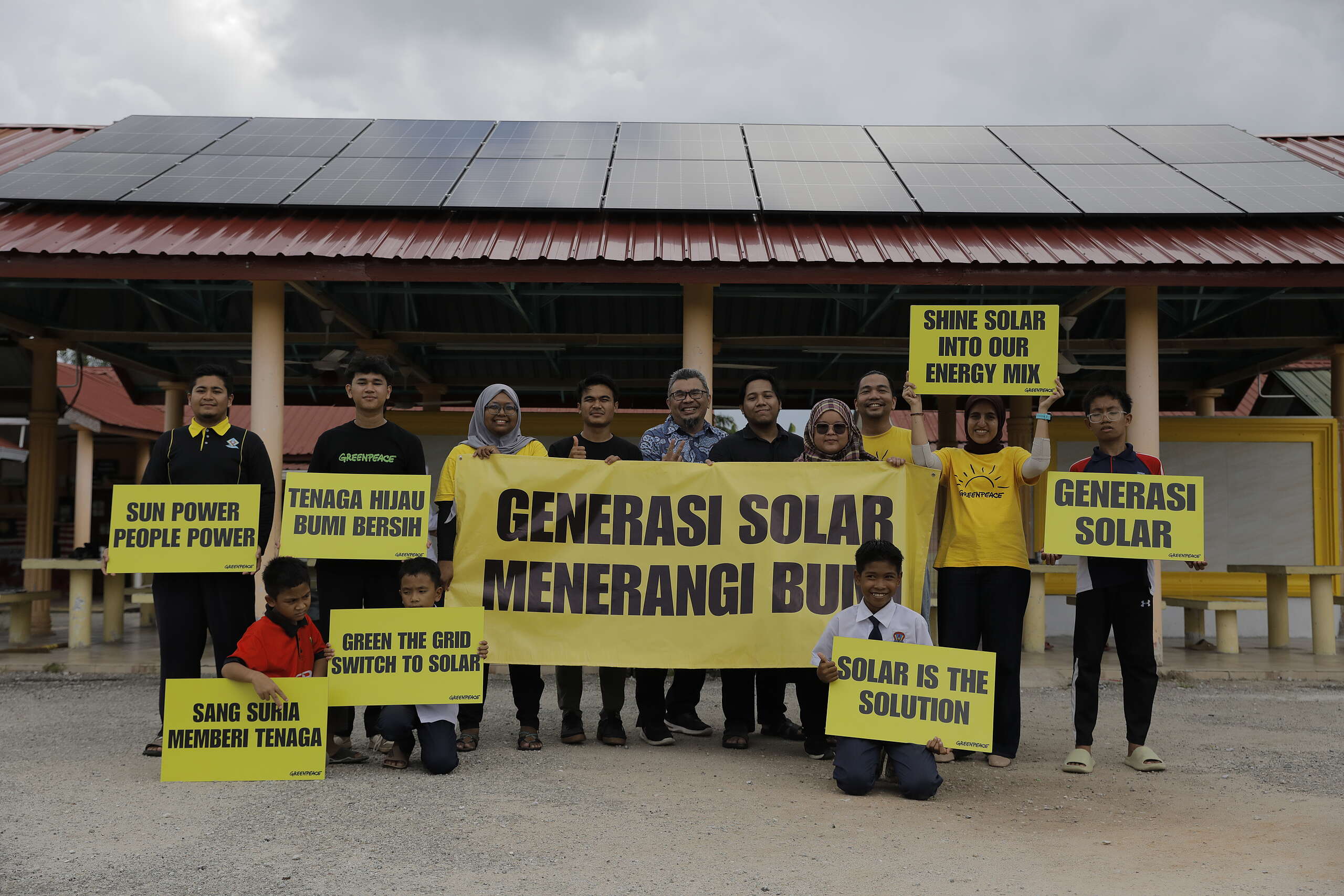
Southeast Asia beyond the gas hype
The conversations sparked by #LiterallyNastyGas remind us of something simple but important. Once we look at fossil gas with clearer eyes, we also start to notice what lies beyond it.…
-

Why fossil gas is a bad deal for Southeast Asia
Fossil gas is often described as a cleaner and safer option for our region. But when you look closely at the evidence.
-
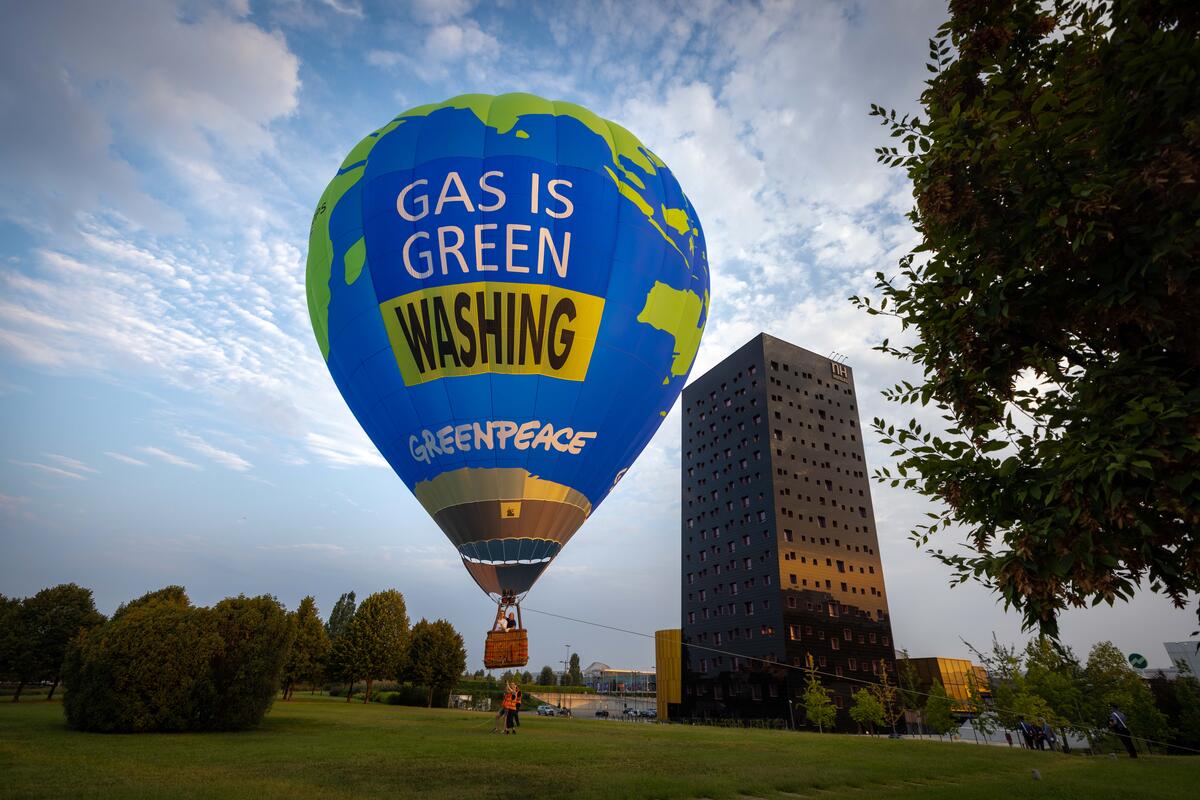
Understanding fossil gas, methane, and LNG
Fossil gas is often surrounded by confusing technical terms. This glossary breaks down the key concepts in clear and simple language, so you can understand exactly why fossil gas is…
-
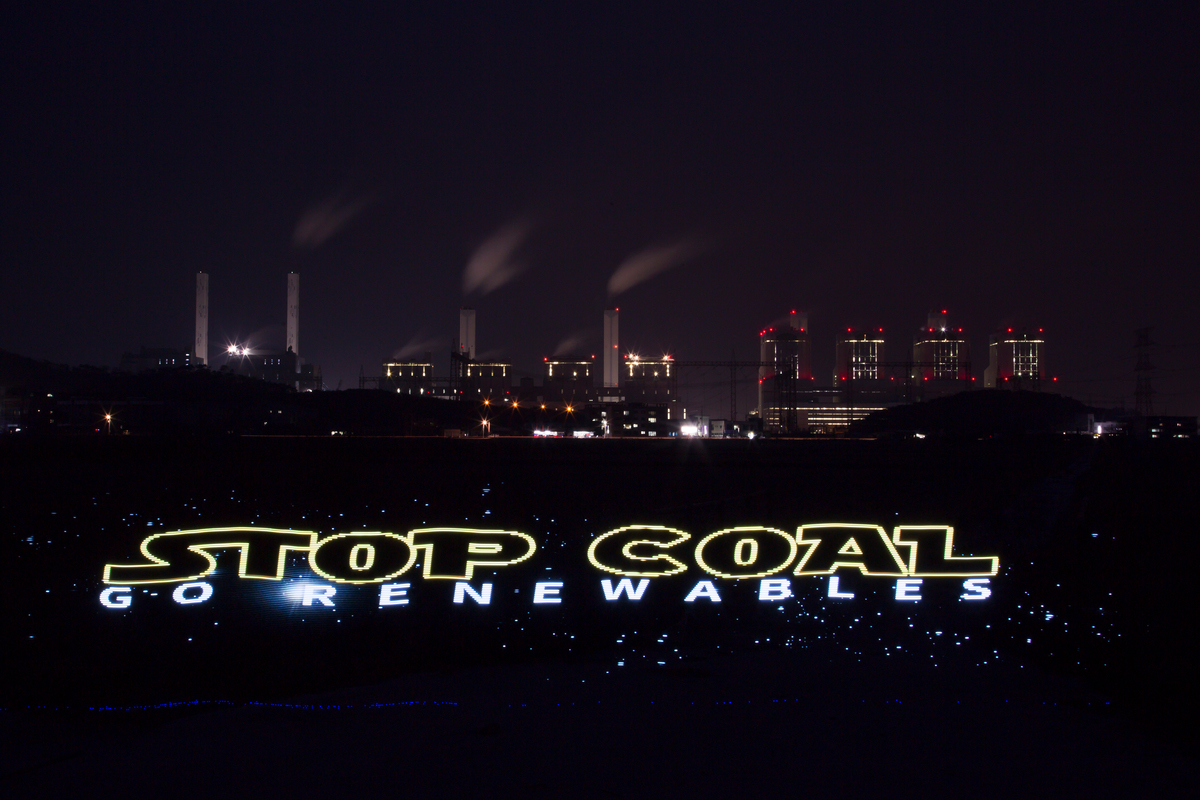
Laporan Baharu Greenpeace MENA dan GEFI Dedahkan Jutaan Kematian Tahunan Akibat Pencemaran Arang Baru
Greenpeace MENA dan Global Ethical Finance Initiative (GEFI), melancarkan laporan terbaharu bertajuk “Menilai Semula Arang Batu dalam Kewangan Islam: Keperluan Etika untuk Penyahpelaburan dan Kelestarian”.
-
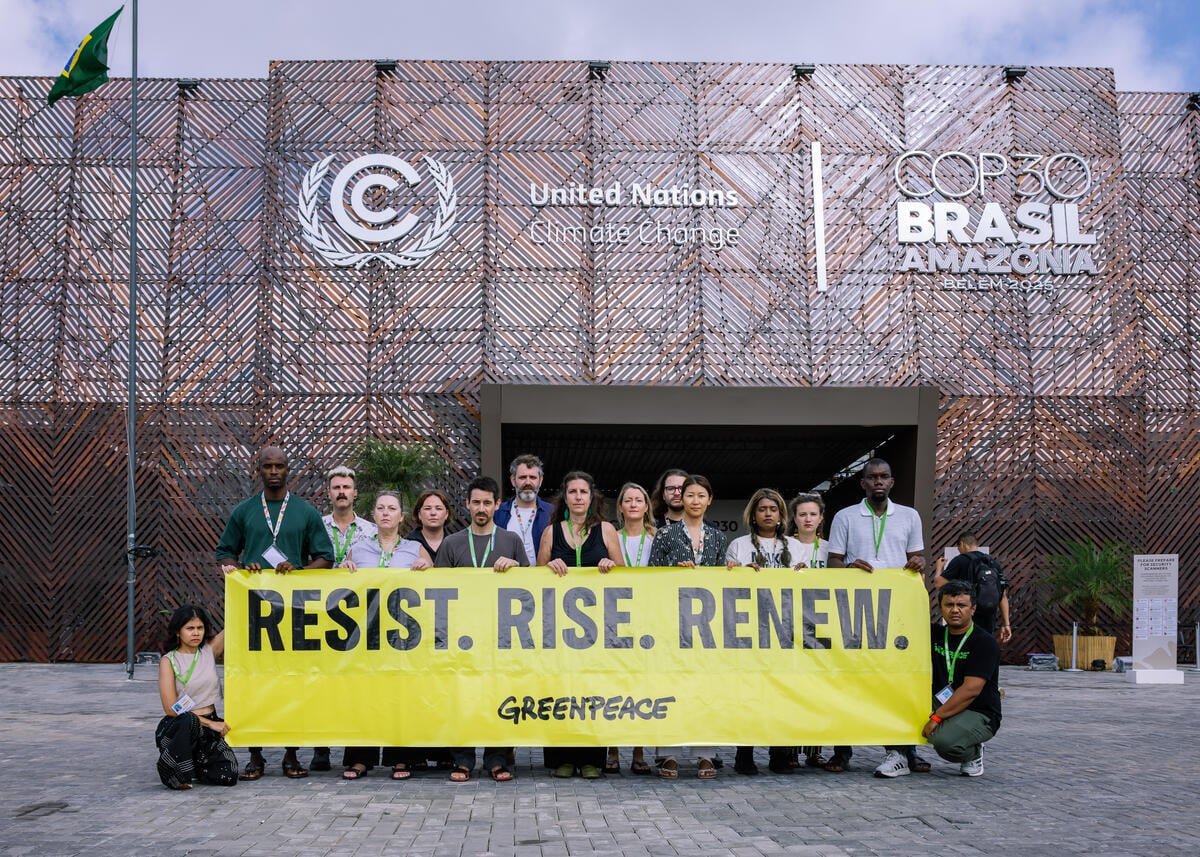
Climate, forest protection roadmaps slashed from formal COP30 outcome as people demand change
Belém, Brazil – What started with strong hope and promise ended without actionable roadmaps to end forest destruction and the burning of fossil fuels, as geopolitical divisions again showcased the…
Subscribe for updates
Together we are part of a growing, global movement determined to bring about the changes our planet desperately needs.
